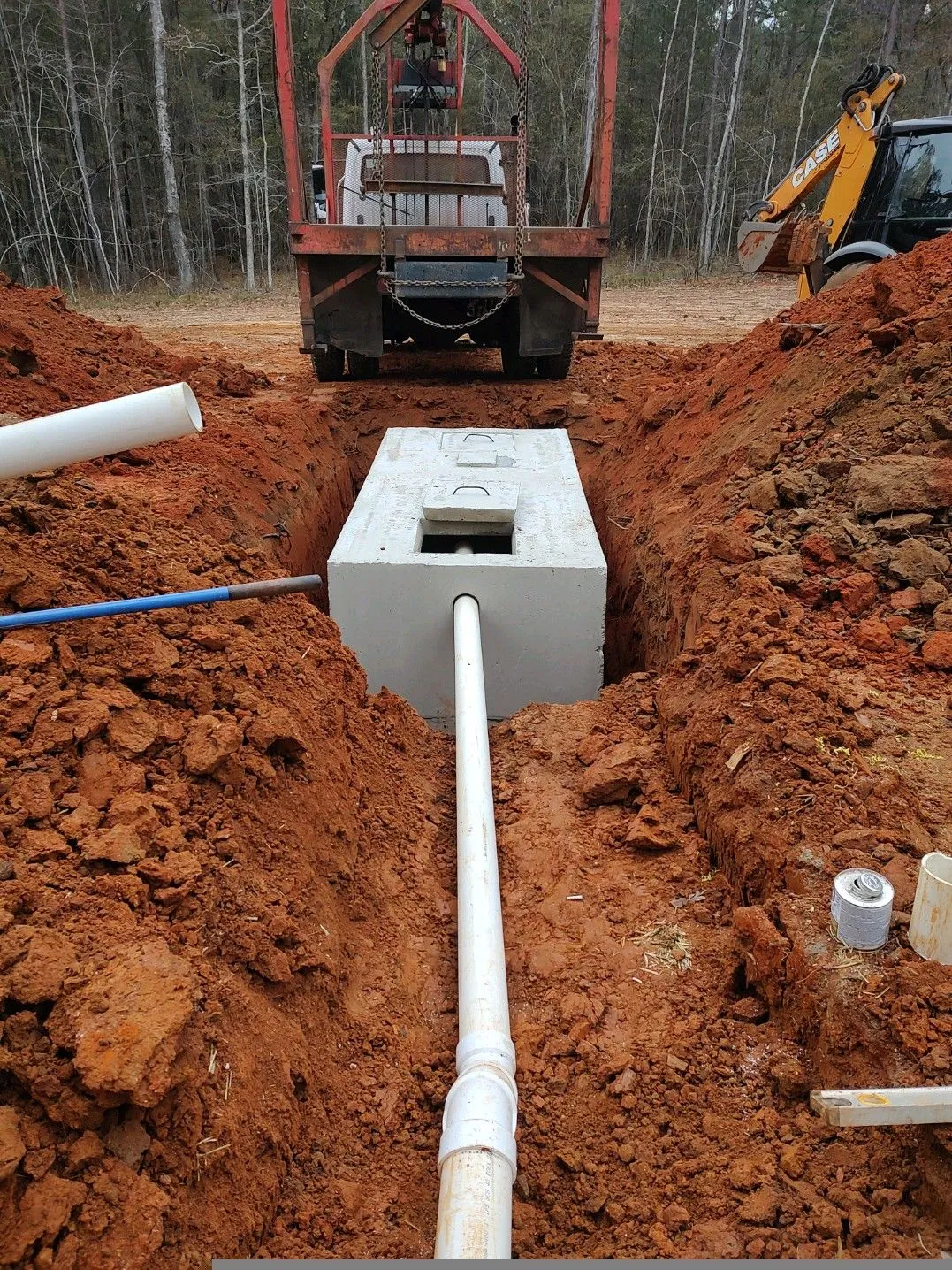
Cost-Effective Septic Solutions: Save Money with Smart Maintenance Practices Oct 28, 2025
Let's start with the basics: understanding the pivotal role of routine septic tank inspections. Regular inspections can catch small issues before they escalate into significant problems. By scheduling an inspection at least once every three years, you can ensure that your septic system remains in good working condition. We recommend consulting with a professional septic service company, like South Georgia Septic, to perform these inspections.
Another crucial aspect of cost-effective septic maintenance is tank pumping. Over time, sludge and solids accumulate, potentially leading to clogs and backups. Pumping out your septic tank every three to five years helps prevent these issues. The frequency of pumping depends on the size of your household, usage patterns, and the size of the tank. Regular pumping might seem like an expense, but this preventive measure is far cheaper than dealing with a failed system.
Effective waste management is also essential to maintain a cost-efficient septic system. Be mindful of what you flush and pour down your drains. Avoid disposing of non-biodegradable items such as wipes, feminine hygiene products, and paper towels, as these can cause blockages. Similarly, refrain from pouring chemicals and oils that could upset the balance of bacteria in the tank, which is necessary for breaking down waste.
Water conservation is another key practice. Excessive water usage can overload your septic system, leading to premature failure. To mitigate this, consider installing low-flow fixtures and spread out water usage throughout the day to prevent the system from being overwhelmed. Simple habits like fixing leaks promptly and using dishwashers and washing machines only with full loads can substantially reduce water waste.
Landscaping plays a surprising role in septic system health. Planting trees and shrubs away from your drain field is vital, as roots can infiltrate and damage pipes. Grass or shallow-rooted plants are safer alternatives, helping with soil absorption and preventing erosion without the risk of root interference. By planning your landscaping wisely, you can avoid potentially expensive repairs.
Educating your family about the workings of your septic system can also prevent costly mistakes. Make sure everyone in your household is aware of what should and shouldn't be flushed or poured down the drain, and encourage water-saving habits to ensure the system operates smoothly.
In conclusion, being proactive with your septic system maintenance can save you a significant amount of money and hassle in the long run. By following these smart practices, including regular inspections and pumpings, practicing water conservation, managing waste effectively, and landscaping wisely, you can prolong the life of your septic system. For professional guidance and reliable service, South Georgia Septic is here to help. Reach out to our team for advice tailored to your specific needs, and ensure your septic system remains in optimal condition. Save money and prevent stress by investing in the care of your septic system today.
/filters:no_upscale()/media/9ea110d9-8e86-4c63-8848-b19e6ea2c83a.jpg)